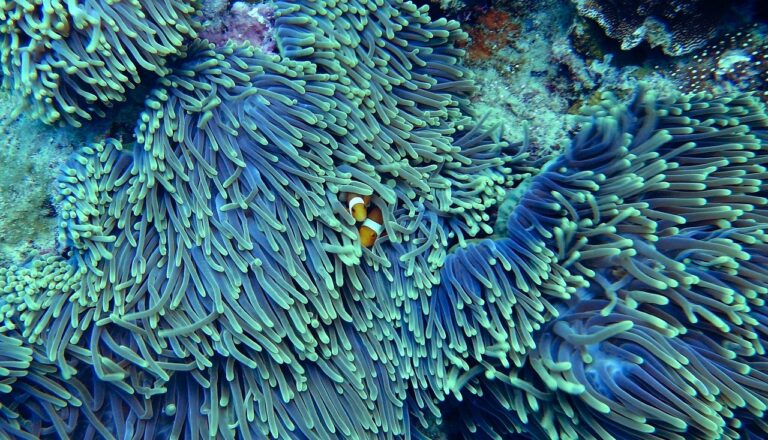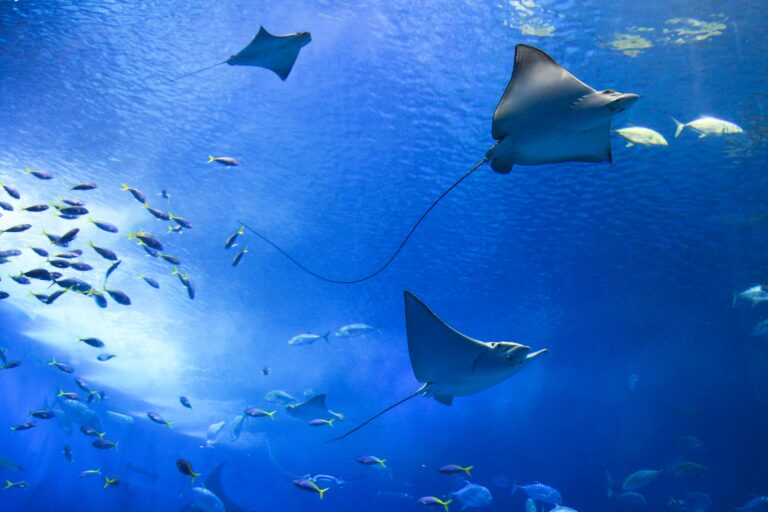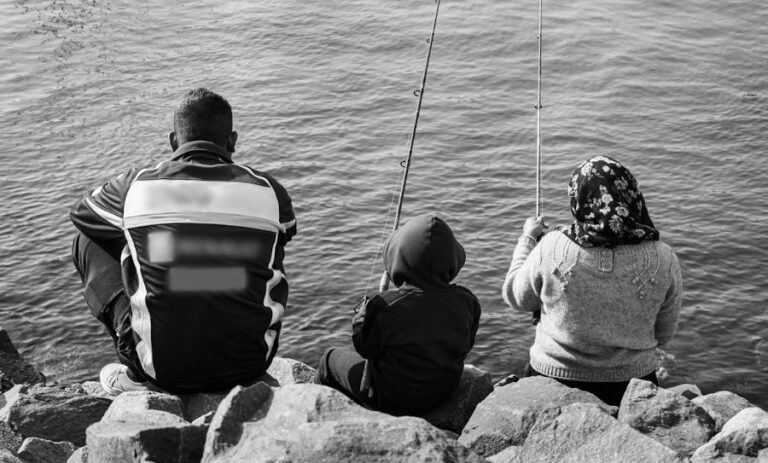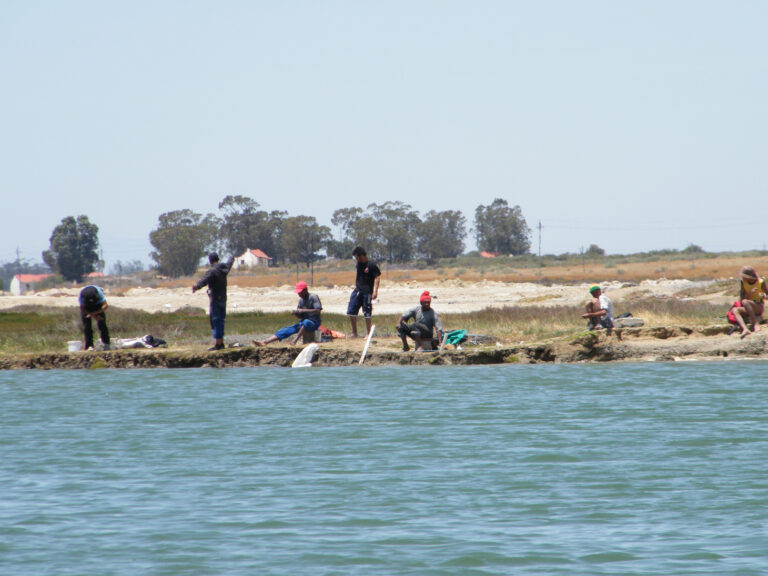Publications

Children’s Human Right to Be Heard at the Ocean-climate Nexus
“This article aims to clarify the obligations of States under the law of the sea to put children’s human rights at the heart of decision-making on the protection of the marine environment, particularly at the ocean-climate nexus. The relevance of the provisions of the United Nations Convention on the Rights of the Child and in […]
International Legal Responses for Protecting Fishers’ Fundamental Rights Impacted by a Changing Ocean
“Climate change directly impacts the marine landscape where fishers operate. Most fishers rely on fishing for food, income and/or employment. A changing ocean can therefore significantly impact fishers’ lives and hinder the full exercise of their rights of access to fisheries resources, rights to fish, to food, to work, to culture, and to a healthy, […]
Ocean-based Climate Action and Human Rights Implications under the International Climate Change Regime
“After drawing attention to the crucial role of marine biodiversity, including that of deep-sea ecosystems, in current scientific understanding of the ocean-climate nexus, this article highlights the limited extent to which the international climate change regime has so far addressed the ocean. The focus then shifts to how the international climate change regime could contribute […]
Climate Change and Biodiversity
“This chapter explores the need for synergy between the Convention on Biological Diversity (CBD) and the international climate change regime. It emphasises that climate change is a significant driver of global biodiversity loss and stresses the importance of addressing both challenges in a coordinated manner to avoid irreversible biodiversity decline. The negative trends in biodiversity […]
Ensuring Mutual Supportiveness of the Paris Agreement with other Multilateral Environmental Agreements: A Focus on Ocean-Based Climate Action
“Climate change is contributing to unprecedented biodiversity loss and is altering the physical and chemical makeup of the global ocean. This has severe consequences for climate regulation, ecological stability and human rights. This chapter aims to explore how and to what extent the Paris Agreement and other multilateral environmental agreements (MEAs) can be interpreted in […]
The road towards effective governance and management of marine protected areas in South Africa: evolving policies, paradigms and processes
“The efficacy of marine protected areas (MPAs) depends on their governance and management. We review their history in South Africa and recognise four periods. Period 1 (1964–1994) provided initial protection but was based on exclusionary, preservationist policies, was ad hoc in the absence of a national plan, and neglected social considerations. Period 2 (1994–2010) began […]
Plastics and (The Right to) Health
“In this chapter, we explore the legal ramifications of the plastics life cycle for international human rights law— specifically the human right to health. Our aim is to demonstrate how the lens of the right to health can advance critical thinking in respect of State obligations under the right to health vis-a-vis plastics and to […]
‘Fishing’ for recognition of customary law: a preliminary reflection in the fisheries context
“At the international level, ‘customary law’ has been defined as a set of: ‘customs that are accepted as legal requirements or obligatory rules of conduct; practices and beliefs that are so vital and intrinsic a part of a social and economic system that they are treated as if they were laws’.[1] The recognition of customary law in […]
Integrating Indigenous and Local Knowledge in Marine Spatial Planning
“Indigenous and local knowledge holders and cultural heritage continue to be largely neglected in ocean governance, especially area-based management approaches such as marine spatial planning in South Africa – and more broadly along the African coast. This policy brief highlights six areas through which a more diverse range of knowledge holders can be better integrated […]








